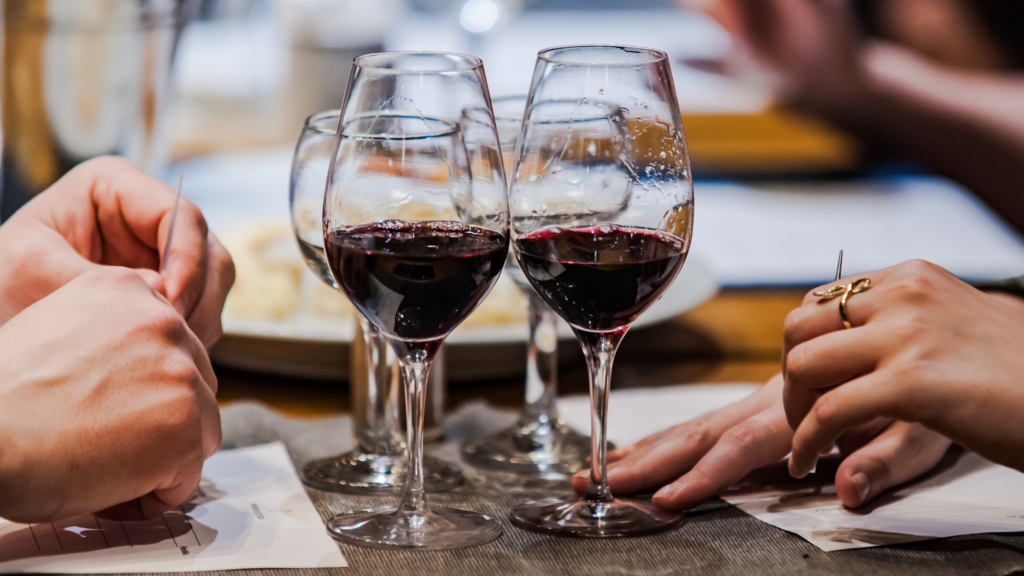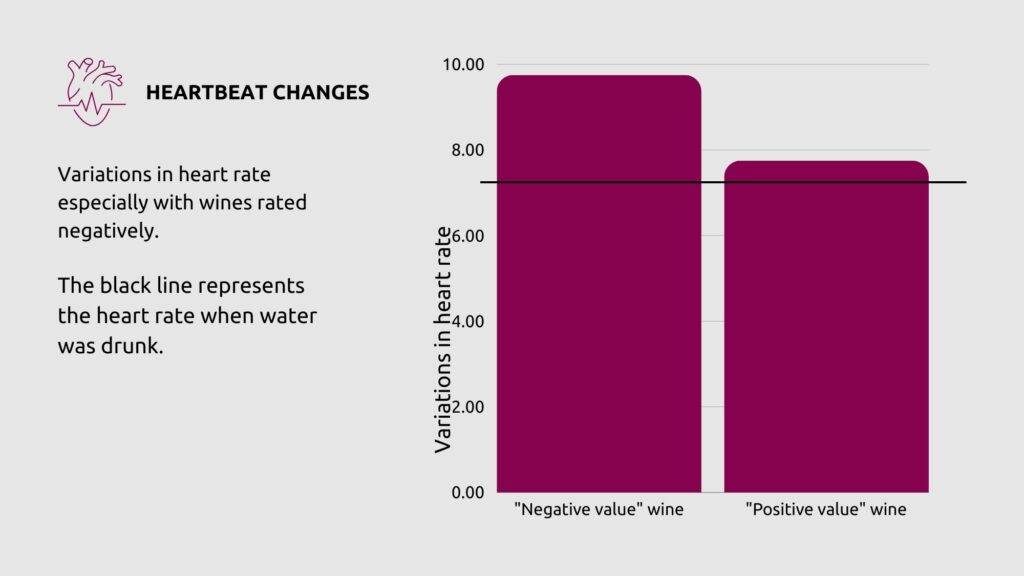Each of our relationships with food is deeply tied to emotions, and this is true for wine as well. The relationship between emotions and wine is evident even in the language used to discuss it, both among experts and enthusiasts.
At the end of 2023, a group of researchers from the University of Bordeaux asked a simple question: how do the organoleptic characteristics of wine influence emotions? It seems like an obvious question, but up to that point, no researcher had conducted a study on the “automatic component” of the emotion that wine can trigger.
Previous Studies on Emotions and Wine
Over the past ten years, several studies on the relationship between emotions and wine have been published, mainly collecting personal statements from tasters about the subjective emotions they experienced during tasting.
Other studies have highlighted that the descriptions on back labels can influence even experienced tasters’ emotional responses. It has also been noted that individuals with personalities more prone to anxiety, fear, anger, and similar feelings tend to have more negative sentiments towards wine. Conversely, more extroverted and open people associate positive feelings with wine.

A New Approach to Studying Emotions
Studies conducted up to 2023 seem to be based solely on the subjects’ statements, but there is a second type of emotional response: the automatic, implicit, and uncontrolled response.
This response has a motor component that is expressed through facial expressions, variations in heart rate, and skin conductance, which is the skin’s ability to transmit electric energy that can vary with sweating.
Why study these three reactions to understand the relationships between emotions and wine? Because they are controlled by the autonomic nervous system, making them uncontrollable and, therefore, more sincere than a self-declaration.
How the Study Was Conducted
The University of Bordeaux conducted the study on 65 residents of the Bordeaux area. All participants could be considered knowledgeable but not professional in the world of wine, and they had to have consumed Bordeaux wine at least twice a month. All age groups were considered, with a roughly equal number of men and women.
The researchers selected seven red wines from the Bordeaux region of different appellations, qualities, and price ranges. The tasting experience involved smelling, tasting, and spitting out the wine.
What the Study Shows About Emotions and Wine
Regarding heart rate variations, both wines rated positively and those rated negatively caused a change in frequency. However, it was noted that the variations were significantly more pronounced for negative sensations, attributable to rejection or disgust. In contrast, wines rated positively only slightly exceeded the variation caused by water.

A similar result emerged with skin response: wines that cause greater excitement (positive or negative) lead to a more developed electrodermal reaction.
Lastly, facial expressions showed that smelling and tasting did not cause significant differences in facial expressions, but after spitting out a bad wine, the face clearly displayed the taster’s opinion.
Summing Up
The study on emotions and wine demonstrated that wine produces involuntary emotional manifestations that can be scientifically recorded. Disgust is evidently a much stronger manifestation compared to the expression of pleasure. All things considered, if a wine makes your heart beat faster, it might not be that good after all.
You can read the full study HERE.










